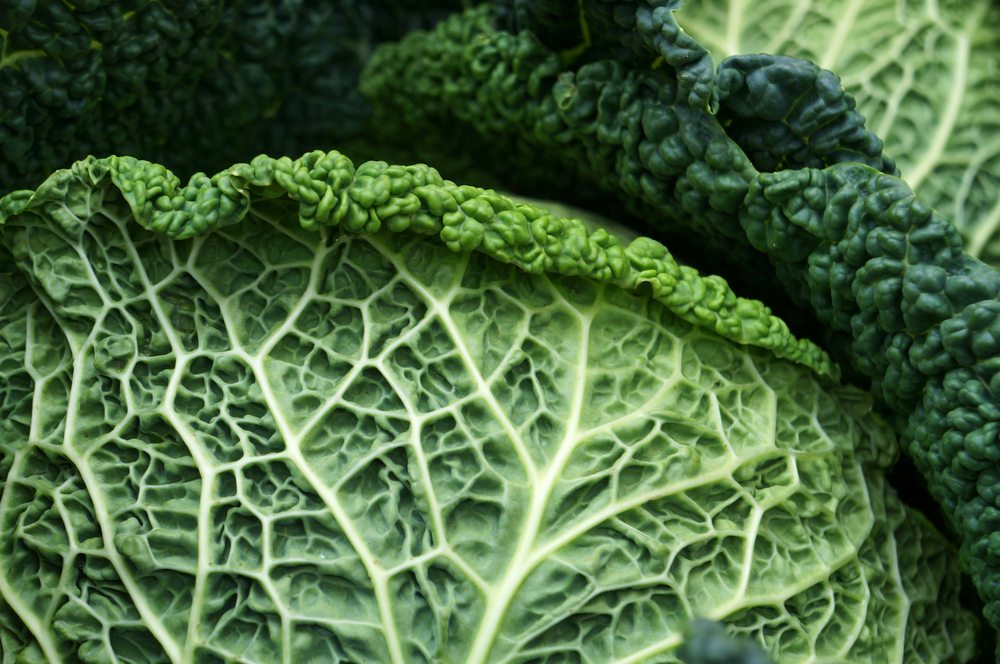Cabbages, despite all their glorious forms, are frequently and probably unfairly maligned. This recipe uses the majestic savoy variety, as in the picture, or a plain and simple white cabbage, to good effect particularly as it is quite a filling side dish and could easily replace pasta or potatoes if you need to cut down on carbohydrates.
*For more cabbage recipes see Wilted Greens, Simple Slaw, and Red Cabbage Slaw in these pages.
A medium sized cabbage will likely be enough for 6 as a side dish but any left can be frozen or kept in the fridge for another day.
55g best organic butter or 2 tbsp extra virgin olive oil
1 large leek, cleaned and the white and pale green part finely sliced or a large onion, peeled and sliced.
1 cabbage – Savoy or white cabbage work best for this recipe. If using a Savoy cabbage, cut it in half from the top and then cut out the core from each half. Wash the leaves if necessary and then roll up three or four leaves at a time and slice them into fine strips. If using a white cabbage simply cut it in half, cut out the core and slice the cabbage into fine shreds.
1 large clove of garlic peeled and crushed.
About 150mls of cold white wine, vermouth, or water
A pinch of dried chilli flakes
A generous pinch of sea salt flakes
You will also need a large, sturdy pan with a well-fitting lid
Melt the butter in the pan over very low heat.
Add the sliced leek or onion and stir it into the butter. Cover the pan with the lid and let the leek or onion cook gently to soften them for about 10 minutes.
Remove the lid and stir in the garlic and chilli.
Splash in the cold wine or vermouth or water and stir well, scraping up any bits stuck to the bottom of the pan.
Add the prepared cabbage and a generous pinch of salt and stir well.
Replace the lid and let the cabbage cook gently for 10 to 20 minutes until it is softened.
Sherbhert champions delicious, healthy and sustainable food where its production minimises environmental damage, exploitation, animal suffering and subsequent processing. Sherbhert’s recipes are simple and use mainly UK seasonal produce sourced as locally as possible.

